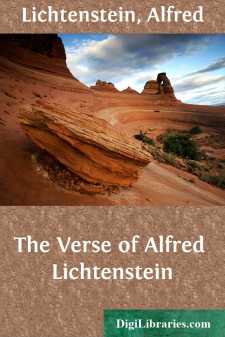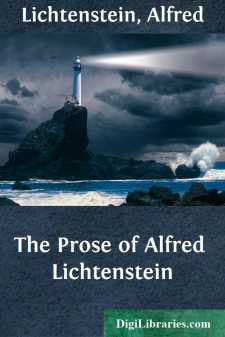Categories
- Antiques & Collectibles 13
- Architecture 36
- Art 48
- Bibles 22
- Biography & Autobiography 813
- Body, Mind & Spirit 142
- Business & Economics 28
- Children's Books 17
- Children's Fiction 14
- Computers 4
- Cooking 94
- Crafts & Hobbies 4
- Drama 346
- Education 46
- Family & Relationships 57
- Fiction 11829
- Games 19
- Gardening 17
- Health & Fitness 34
- History 1377
- House & Home 1
- Humor 147
- Juvenile Fiction 1873
- Juvenile Nonfiction 202
- Language Arts & Disciplines 88
- Law 16
- Literary Collections 686
- Literary Criticism 179
- Mathematics 13
- Medical 41
- Music 40
- Nature 179
- Non-Classifiable 1768
- Performing Arts 7
- Periodicals 1453
- Philosophy 64
- Photography 2
- Poetry 896
- Political Science 203
- Psychology 42
- Reference 154
- Religion 513
- Science 126
- Self-Help 84
- Social Science 81
- Sports & Recreation 34
- Study Aids 3
- Technology & Engineering 59
- Transportation 23
- Travel 463
- True Crime 29
Our website is made possible by displaying online advertisements to our visitors.
Please consider supporting us by disabling your ad blocker.
The Verse of Alfred Lichtenstein
Categories:
Description:
Excerpt
I
Because I believe that many do not understand the verse of
Lichtenstein, do not correctly understand, do not clearly understand—
II
The first eighty poems are lyric. In the usual sense. They are not much different from poetry that praises gardens. The content is the distress of love, death, universal longing. The impulse to formulate them in the "cynical" vein (like cabaret songs) may, for example, might have arisen from the wish to feel superior. Most of the eighty poems are insignificant. They were not presented to the public. All except one (one of the last) That is:
I want to bury myself in the night,
Naked and shy.
And to wrap darknesses around my limbs
And warm luster.
I want to wander far behind the hills of the earth.
Deep beyond the gliding oceans.
Past the singing winds.
There I'll meet the silent stars.
They carry space through time.
And live at the death of being.
And among them are gray,
Isolated things.
Faded movement
Of worlds long decayed.
Lost sound.
Who can know that.
My blind dream watches far from earthly wishes.
The following poems can be divided into three groups. One combines fantastic, half-playful images: The Sad Man, Rubbers, Capriccio, The Patent-Leather Shoe, A Barkeeper's Coarse Complaint. (First appeared in Aktion, in Simplicissimus, in March, Pan and elsewhere). Pleasure in what is purely artistic is unmistakable.
Examples: The Athlete: in the background is a demonstration of a view of the world. The Athlete… means that it is terrible that a man must also intellectually move his bowels.—Rubbers: a man wearing rubbers is different without them.
IV
The earliest poetry forms a second group:
Twilight
The intention is to eliminate the difference between time and space in favor of the idea of poetry. The poems want to represent the effect of twilight on the landscape.
In this case the unity of time is necessary to a certain degree. The unity of space is not required, therefore not observed. In twelve lines the twilight is represented on a pond, tree, field, somewhere… its effect on the appearance of a young man, a wind, a sky, two cripples, a poet, a horse, a lady, a man, a young boy, a woman, a clown, a baby-carriage, some dogs is represented visually. (The expression is poor, but I can find nothing better)
The author of the poem does not want to portray a landscape that is thought to be real. The poetic art has the advantage over painting of offering "ideal" images. That means—in respect to the Twilight: the fat boy who uses the big pond as a toy, and the two cripples on crutches in the field and the woman on the city street who was knocked down by a cart-horse in the half-darkness, and the poet who, filled with desperate longing, is thinking in the evening (probably looking through a skylight), and the circus clown in the gray rear building who is sighing as he puts on his boots in order to arrive punctually at the performance, in which he must be funny—all these can produce a poetic "picture," although they cannot be composed like a painting....



